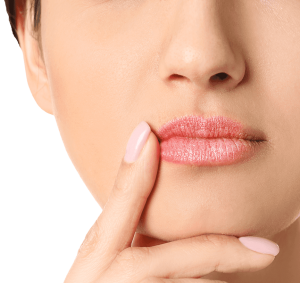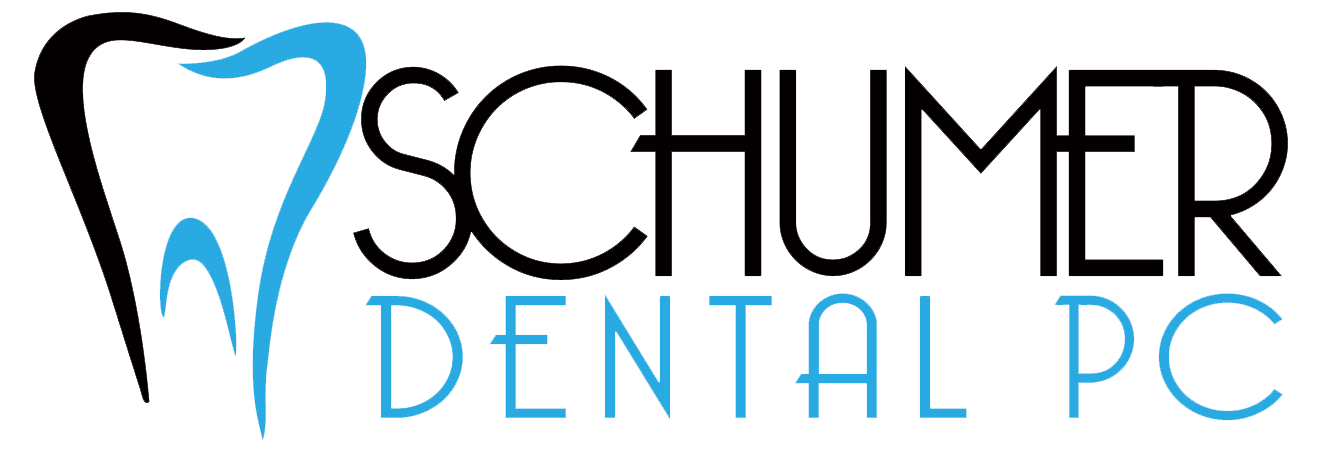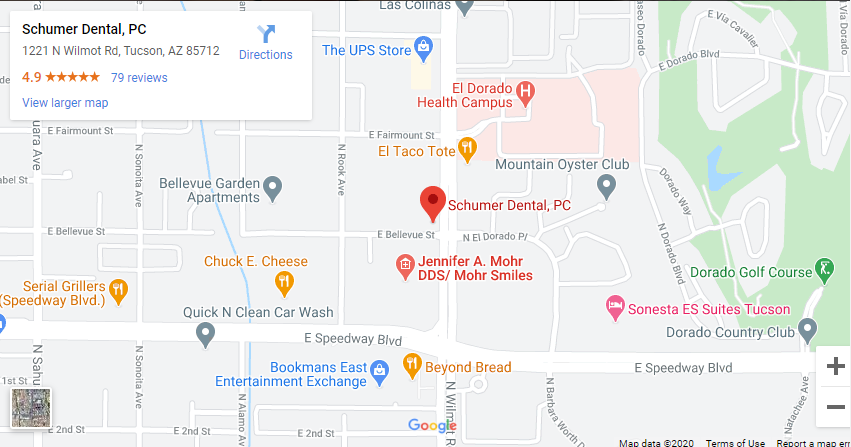
Constant dry mouth is uncomfortable. It can cause bad breath, affect your sense of taste, and make chewing and swallowing more difficult.
Because saliva plays an important role in digestion and helps to keep teeth clean, dry mouth can have a major impact on your overall health.
So if my mouth gets dry, is it serious?
Occasional Dry Mouth Is Normal, but Persistent Symptoms May Be Serious
- Discomfort
Persistent dry mouth can cause a variety of uncomfortable symptoms, including cracked lips, a sore throat, and a feeling of stickiness. Decreased saliva can also lead to frequent thirst and mouth sores.
- Difficulty Speaking, Chewing, or Swallowing
Without sufficient saliva, normal daily activities can be more difficult. You may struggle to speak due to a hoarse voice or need to drink water frequently in order to swallow. Many individuals with dry mouth also have a decreased sense of taste.
- Bad Breath
One of the roles of saliva is keeping your teeth clean by neutralizing bacteria. With dry mouth, bacteria spreads rapidly, leading to persistent bad breath.
Am I at risk for dry mouth?
Certain Lifestyle Factors Can Increase Your Risk for Dry Mouth
Smoking and chewing tobacco can affect the amount of saliva you produce and exacerbate dry mouth. Regularly breathing with your mouth open can also contribute to dry mouth symptoms. Individuals with seasonal allergies or other conditions that limit their ability to breathe through their nose may suffer with frequent dry mouth as well.
So what is causing my dry mouth?
Dry Mouth Most Often Appears as a Side Effect of Other Issues
- Medications
Dry mouth is a common side effect of hundreds of prescription and over-the-counter medications, including antidepressants, antihistamines, and pain relievers. Some cancer therapies can also affect saliva.
- Medical Conditions
Decreased salivation is also associated with health conditions. Nerve damage in the head or neck can affect salivary glands. Dry mouth can also result from diabetes, Alzheimer’s disease, and certain autoimmune disorders.
- Snoring
Nighttime snoring or mouth breathing can also cause dry mouth symptoms. Often, patients with sleep apnea will experience issues with morning dry mouth as well.
So is there any way to avoid dry mouth?
“Medications are one of the most common causes of dry mouth. Long-term relief from your dry mouth may mean stopping or changing your medication or its dosage, or addressing underlying health issues.”
Thomas J. Salinas, DDS
Lifestyle Changes Can Limit the Effects of Dry Mouth
- Avoid Products That Can Worsen Dry Mouth
Caffeine, tobacco, and alcohol can all contribute to dry mouth. Limiting your caffeine intake, stopping tobacco use, and avoiding mouthwash with alcohol can all help prevent dry mouth.
- Breathe through Your Nose
Learning to breathe through your nose instead of your mouth can also help minimize your issues with dry mouth. Your dentist may have tips for changing your habits.
- Chew Sugar-Free Gum
Chewing gum or sucking on sugar-free candies can help stimulate the flow of saliva. You can also try sipping water throughout the day to keep your mouth moist.
So how do I find out if my condition is serious?
Schedule an Exam with Your Dentist
Discussing your symptoms and medical history with your dentist is the best way to determine if your dry mouth is serious. They can review the medications you are taking, including over-the-counter medications, and examine your mouth for signs of serious issues.
Your dentist will perform a visual exam to look for signs of dry mouth.
In some cases, you may need additional testing to determine the cause of your dry mouth and the best treatment option. These tests may include:
- Blood tests
- Imaging scans of your salivary glands
- Measurements of how much saliva you produce
- A biopsy
If your doctor suspects sleep apnea or snoring as the cause of your dry mouth, they may recommend a sleep study as well.
But what can my doctor do for dry mouth?
The Right Treatment for You Depends on the Cause
- Prescription Changes
If your dry mouth is a side effect of a certain medication, your doctor may recommend switching to a different prescription or changing your dose.
- Mouthwashes or Moisturizers
There are a variety of products available to lubricate the inside of your mouth. Your dentist may recommend a prescription or over-the-counter mouthwash designed for dry mouth, artificial saliva, or a moisturizer.
- Medication
Certain prescription medications, such as pilocarpine and cevimeline, can help stimulate saliva production.
- Mouthguards
If snoring or sleep apnea is at the root of your dry mouth, your dentist may fit you with a custom mouthguard to help you breathe through your nose throughout the night.
So how concerned should I be about dry mouth?
Talk to Your Doctor About a Solution
Saliva is crucial to maintaining the health of your teeth and your overall wellbeing. However, there are a variety of simple lifestyle changes you can make to limit the symptoms of dry mouth and protect your oral health. If you are concerned about dry mouth, schedule an appointment with a dentist today to find out how to protect your smile.
































